The compelling life of Matt Haley — from abuse, addiction and prison to successful entrepreneur, global philanthropist and James Beard Award winner
Written by Jonathan Westman | Photography by Grant L. Gursky
On a night when the superstars of the culinary world gathered in New York City to celebrate the industry’s best, Rehoboth Beach’s Matt Haley was the star that shined brighter than any other.
Honored by the James Beard Foundation as its 2014 Humanitarian of the Year, Haley, president of Matt Haley Companies, which owns or manages 27 different restaurant-related businesses and employs more than 1,000 people, was the most memorable and meaningful person during the five-hour gala. He seemed a natural during interviews on the red carpet, impressed the audience during a video about his charitable work, captivated them during his four-minute speech and thoroughly impressed each one of the hundreds of people who’d sought a moment of his time during the afterparty.
It was his night, and he embraced it.
Revered regionally for his entrepreneurial, social and philanthropic endeavors, Matt instantly became a nationally in-demand figure once the news of his award broke. From the early-February announcement to the JBF awards celebration on May 5, Haley fulfilled 30 speaking engagements in several states, ranging from an 8th-grade class to prison inmates to state senators, plus gave dozens of print and television interviews, including an appearance on CNBC.
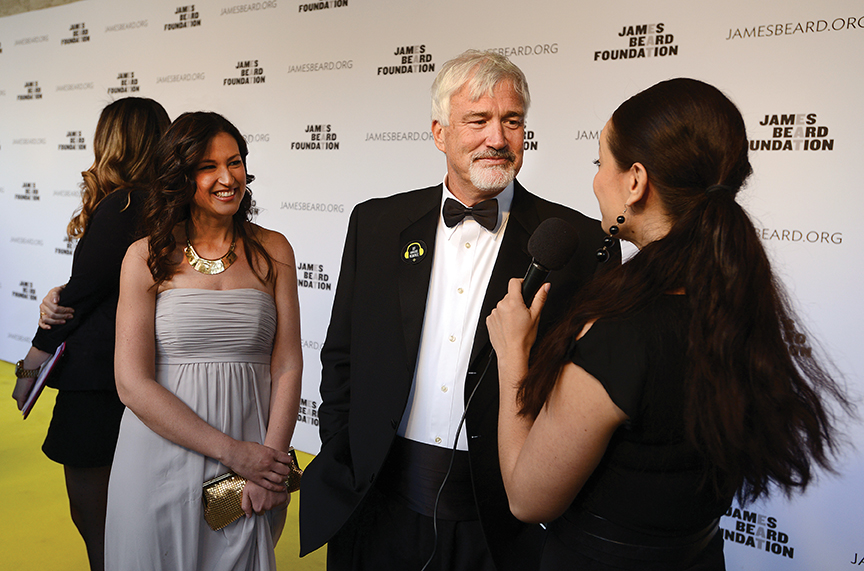
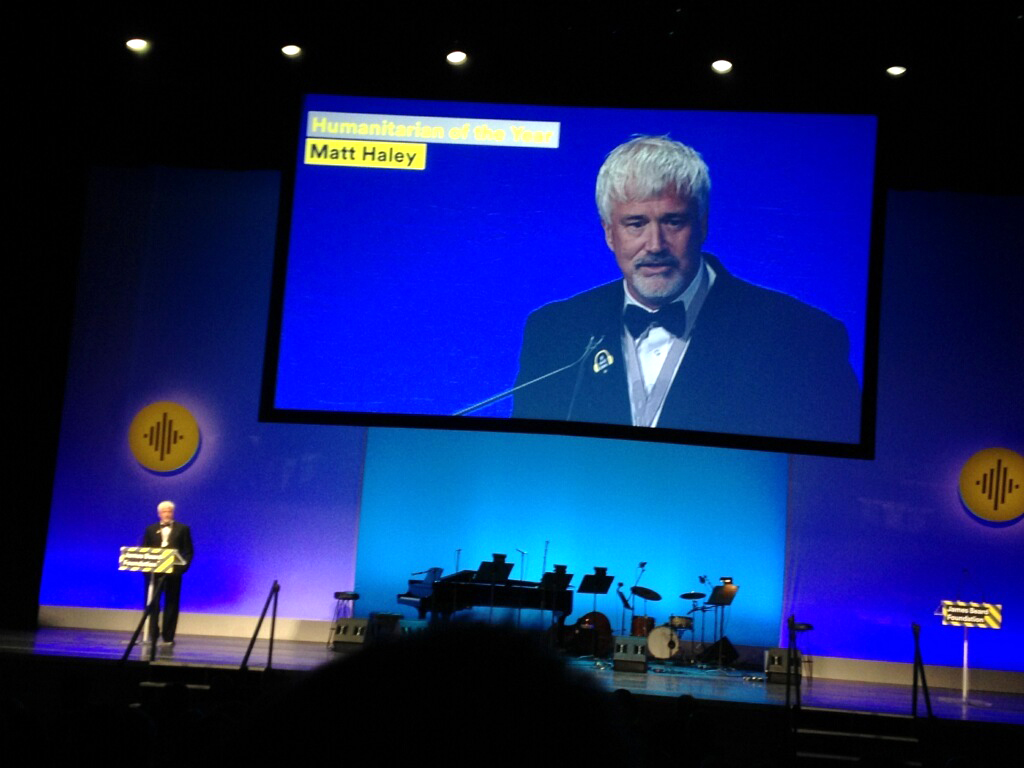
“A James Beard award gives you a pass for life on being cool in the restaurant business anywhere in the world. It’s a big deal,” Matt said.
Matt was also honored this year as the International Association of Culinary Professionals National Humanitarian of the Year and the 2014 National Restaurant Association’s Cornerstone Humanitarian recipient, having been presented with these prestigious awards at sold-out black-tie galas in Chicago and Washington, D.C., respectively.
But it was at New York’s Lincoln Center where Matt took his place among the industry’s elite, earning praise, admiration and even a few business propositions, from the likes of Mario Batali, Jacques Pépin, Martha Stewart, David Chang, Thomas Keller, Jon Besh and one of his idols, Danny Meyer. Celebrities such as Robert De Niro, Michael Bloomberg and Trisha Yearwood personally spent time congratulating and getting to know him.
“I remember knowing I was done [with my speech onstage] after saying what I had to say, thanking who I had to thank and speaking from the heart,” Matt said. “And when I was done, I remember [host] Ted Allen grabbing me and saying, ‘Turn around, Matt. This is all for you.’ Everyone in the theater was standing and applauding for me… for three minutes. It was amazing. As we walked back into the green room, Mario Batalli grabbed me and said, ‘Matt, you just hit it out of the park.’ He then stuck his hand out and said, ‘Welcome to the club.’ I chalk it up as one of the most memorable, amazing days of my life.
“It was very surreal. I don’t really know how to personally define that word, but it sounds right,” Matt continued. “I was happy. I felt very free. I felt very relaxed, and I felt very accomplished that night. These awards are not about me, though. They represent the incredible people I work with every day, the wonderful people of our community who support our programs and initiatives, and the awesome people in the nonprofit world we are so fortunate to be able to help.”
To fully appreciate the magnitude of the honors bestowed upon the man, you must first understand the depths of his troubled past – one that is riddled with abuse, alcohol, drugs, prison and, ultimately, recovery and a second chance at life.
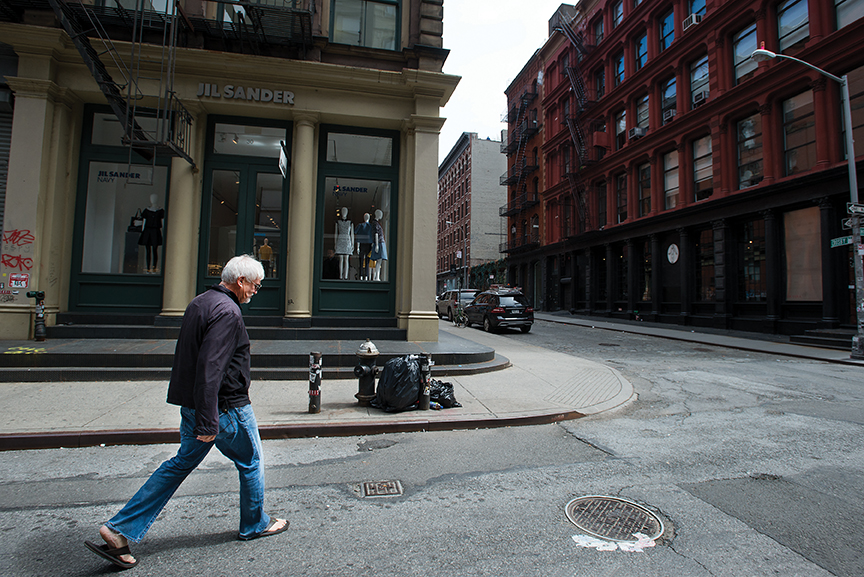
“It started with a chaotic household and an abusive father,” Matt said. “In witnessing a lot of stuff that went on in our home as a young kid, it snowballed into other scenarios and created a machine of negativity and chaos. I remember a night I saw my father beat my mother, and I remember feeling very badly about not being able to help her. I remember feeling like it was my fault because she was simply protecting a flower that I was growing in a milk crate. My dad thought that I was a little girl for growing that flower, and that’s how the fight started — and it was the last fight.
“Looking back at my childhood, it is completely understandable that I took the path that I did,” he continued. “I was a child who witnessed some pretty violent abuse and then had that abuse inflicted upon me at every possible level.”
As Matt grew older, hostile emotions swirled inside him like a never-ending tornado, leaving him confused and virtually devoid of any positive feelings.
“In my teen years, I was so angry, so mad, so hurt, so betrayed, rejected and abandoned,” Matt said. “When my dad left, even though it was the best thing that ever happened to our family, I still waited by the window two years for him to come home. He never did, and even today, I remember how that felt. I remember feeling on some level that if I was better, if I was good enough, this wouldn’t be happening.
“The only way for me, at that time, to deal with those emotions was to act out through anger. That led to alcohol, drugs and even more severe behavior, involving reckless gambling and sex.”
Living in Northern Virginia in the mid-1980s, Matt, who was in his mid-20s, was leading to what amounted to a double life – one fit for a Hollywood feature film. On one hand, he was performing high-risk drug-infiltration work as a confidential informant for the White House while being addicted to alcohol and crack cocaine and trafficking substantial quantities of dope to Columbia for a large organized-crime group.
“I had no fear of working either job,” Matt said. “I didn’t care if I lived or died at the time, so the level of danger associated with them didn’t concern me at all.”
Ultimately, however, the alcohol and drugs prevailed, and rock bottom arrived abruptly during an otherwise typical day, with Matt holed up in his apartment, getting high.
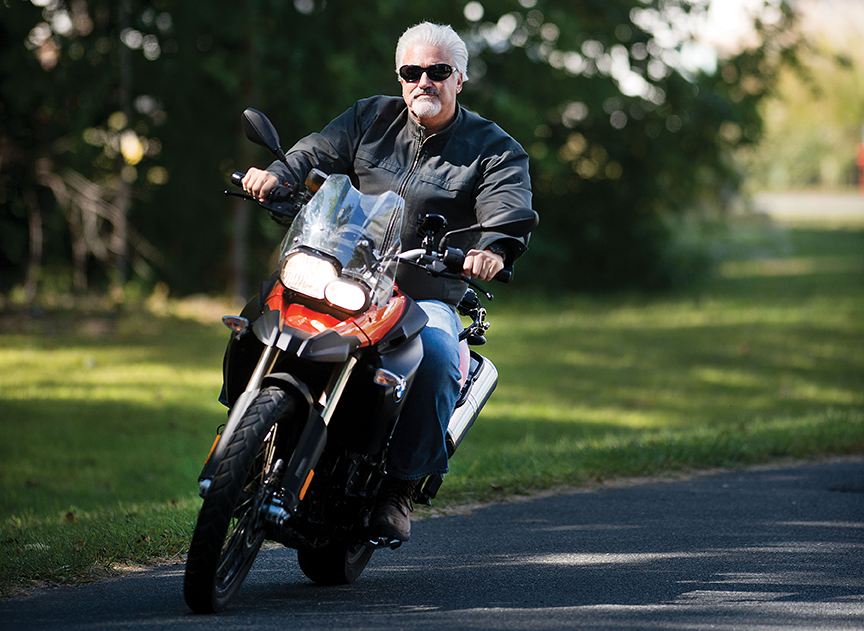
“I was literally locked in a closet, smoking rock, and I’d been up for three or four days,” he said. “My thumbs were burnt; my lips were burnt; parts of my hair and eyebrows were burnt off. I had scars under my nose and in my lips from hot pipes. I had a candle lit because I had run out of butane, and I was using Q-Tips and rubbing alcohol to get high. I was begging God to kill me because I didn’t want to live this way any longer.
“Most people get an intervention; I got a SWAT team, a roadblock and a helicopter,” he continued. “So, picture about 25 members of the SWAT team with masks and goggles and automatic weapons in my apartment. When they came in and took the door down, I just fell to my knees. There was a nanosecond of gratitude. I felt something that I hadn’t felt in a very long time in that moment – and it was hope. They drew down on me, took me to the ground and hogtied me. I didn’t know if I was going to live, but I knew that it was over. They locked me up and I started to turn my life around.”
Facing a 13-year prison sentence, Haley recalled a compassionate judge presiding over his case. He also remembered his family and friends supporting him, all of whom believed that despite his tumultuous past, the potential for a bright future still existed.
Incarcerated for nearly four years, which included a two-year stint at a rehabilitation and treatment center, Matt was released in 1995. At 34, he was starting a new life from scratch – one that included an enormous battle to stay sober, which confronted his every move, every moment of every day.
The rehab center placed him in a $7 an hour job in the kitchen of a catering company. His duties included washing dishes, cutting vegetables and emptying stocks and sauces. The head chef, Mike Congrove, was a kind and nurturing man who provided Matt an opportunity to learn, gain experience and, most importantly, to discover trust and confidence in himself.
“Mike was a very important figure in my life. I’m not sure how I would have reacted in a different environment,” Matt said. “Every moment that I wasn’t working, I was going to a 12-step meeting with a roommate or a friend. I was doing whatever I could do to stay sober and clean. That was my life for the first few years out of prison – going to work and staying clean.”
Doing just that for two-plus years afforded Haley the opportunity to open a restaurant with three partners in Bethesda in 1998. But after six short months, he knew the dynamic with them was turning toxic and ultimately lethal to his sobriety. Soon after, an associate asked Matt to visit his Rehoboth Beach restaurant, to offer some advice on its menu and staging.
“It was just supposed to be a quick trip – from Saturday to Sunday,” Haley recalled.
He never left.
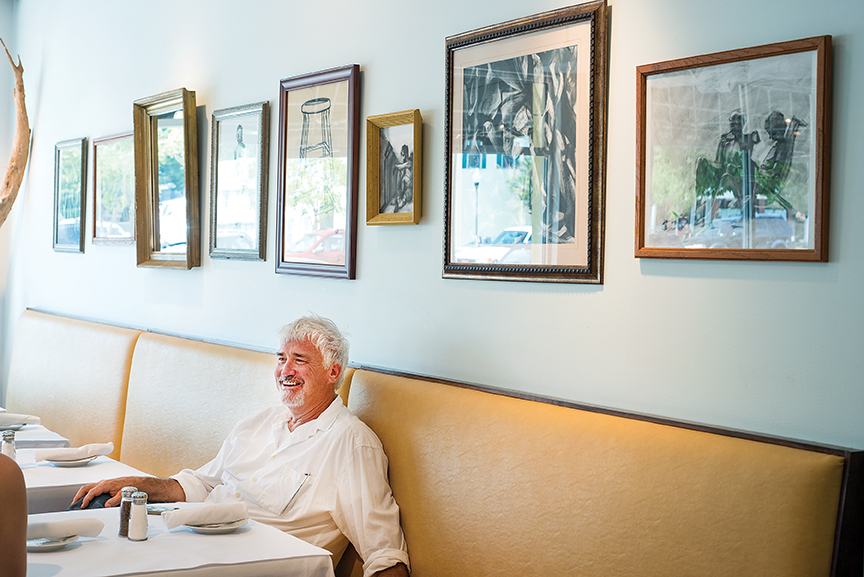
After managing the restaurant for two seasons, Matt was driving down Route 1 and passed the property where his popular restaurant Bluecoast stands today.
“Something in my gut told me I could do something with that space,” Matt said. “At that time, in the fall of 2000, it was just a mess. The property was dilapidated, and the marsh had grown so high that you couldn’t even see the water, but I knew it had character and that I would be there. I circled back, went inside and literally what you see in that restaurant today is what I saw in my head within the first 60 seconds of walking in there – right down to the color and the seating.”
Within months, Matt acquired the property and began making renovations. He would open his first of eight Delaware beach restaurants in May 2001.
From serving 27 dinners on their opening night to struggling mightily through the first off-season due to a lack of cash flow to receiving just the second-ever four-star critique from Eric Ruth of The Wilmington News Journal, the early years of business for Matt were filled with ups and downs. But as his reputation for quality food and terrific service grew, so, too, did his profit margins. And once he knew his business was on stable ground, Haley began to give back to the community that embraced him.
“My first experiences of giving back came from making coffee at an AA meeting and mopping floors in a church basement,” Matt said. “Once I got some experience staying clean, I would sponsor other people and speak at meetings. As our business grew, we started hosting functions and providing gift certificates to local charities.”
His commitment to giving took a life-changing turn during a guest-chef appearance at an Atlanta fundraiser to help build a group home for children in transition from an orphanage in Nepal.
“I didn’t even know where Nepal was,” Matt recalled. “I was in this room all by myself, and I saw all of these pictures on a wall. I zeroed in on this little girl from 30 feet away, and there was a connection. I walked closer and began reading about her, and that’s when someone tapped me on my shoulder and said, ‘That’s Leela.’”
Within minutes of learning about the now-13-year-old girl, Matt committed $8,500 a year to sponsor her education. Within seconds of learning Leela had a sister named Laxmi, he sponsored her education, too.


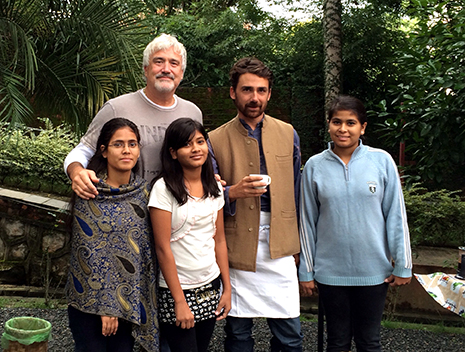

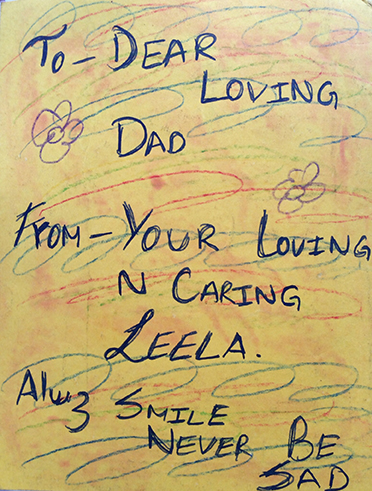

Days later, letters arrived from the two young girls, thanking him for his generous gifts. Soon, the three began talking by phone each month.
“A year later, I woke up in the middle of the night in tears, and my heart was pounding. I knew I had to go to Nepal,” Matt said. “I remember getting off the plane at the airport of this Third World country, and it was like a beehive – there were people everywhere. I had just traveled for like 40 hours, and there were thousands of people buzzing around. I remember getting this little tap on my back. There were two little girls standing behind me, smiling, and I just fell to my knees, crying. We wrapped our arms around one another, and little Leela said, ‘Are you our dad? Will you be our dad?’ That was it. I was in, and all I’ve wanted is to be a great example to them, honor my commitment to them and let them know that I would always be there for them.”
After spending a short time there, Matt discovered that Leela and Laxmi had a sister who’d been separated from them. He led an effort not only to find 8-year-old Iyoti but also reunite her with her sisters. After accomplishing this seemingly monumental task in relatively short order, Matt officially became the legal guardian of all three girls. As a result, he lives in Katmandu up to three months a year, to spend time with them and continue his philanthropic efforts in Nepal. To date, both personally and through his Global Delaware Fund initiative, Matt has financed the building of two Nepali schools, the renovation of an orphanage, the leasing of a group home for children in transition and a culinary scholarship program for handicapped young women aging out of orphanages. He also provides scholarships annually for 50 children in grades 2 through 10, built a boys’ orphanage in India and finances teacher salaries and new computers for schools in Nicaragua.
He also spearheaded an initiative to vaccinate Nepali women residing in remote villages who were intent on giving birth.
“The vaccines designated for these villages are always diverted and sold somewhere else in India,” Matt said. “There are people in the world who don’t give a shit about 30 babies dying at birth or being born blind or deaf.”
Ironically, one of Matt’s chefs at Northeast Seafood Kitchen is from Nepal, and his father works for the country’s Department of Health Services. Together, they facilitated the inoculation of hundreds of women, saving potentially hundreds of lives.
“There are at least 50 two-, three- and four-year-old children alive today because our Sussex County community cared enough to fund this project,” Matt said. “It’s amazing to know that people can change lives 10,000 miles away.”
Matt’s charitable work in the state of Delaware is plentiful as well. In addition to the $5-10 million a year contributed annually through tax revenue, the Global Delaware Fund has raised $250,000 since its inception to support Delaware organizations, including the Children’s Beach House, a nonprofit dedicated to helping children with special needs; the Delaware Adolescent Program, which helps pregnant teens; the social services agency Children and Families First; and The Delaware Breast Cancer Coalition, as well as countless others.
Matt is also president of La Esperanza, a Georgetown-based organization whose mission is to support the integration and empowerment of immigrants as worthy, productive and contributing residents of Sussex County. He also serves as a board member of the Joshua M. Freeman Foundation, among other organizations.
Additionally, Matt works with the Delaware state government in a variety of capacities, including the Department of Corrections Advisory Board and the Governor’s Commission on Early Education and the Economy. He is also working with Delaware Secretary of Agriculture Ed Kee on a variety of projects designed to bridge the divide between the farms of southern and central Delaware and the underprivileged inner cities in northern parts of the state.
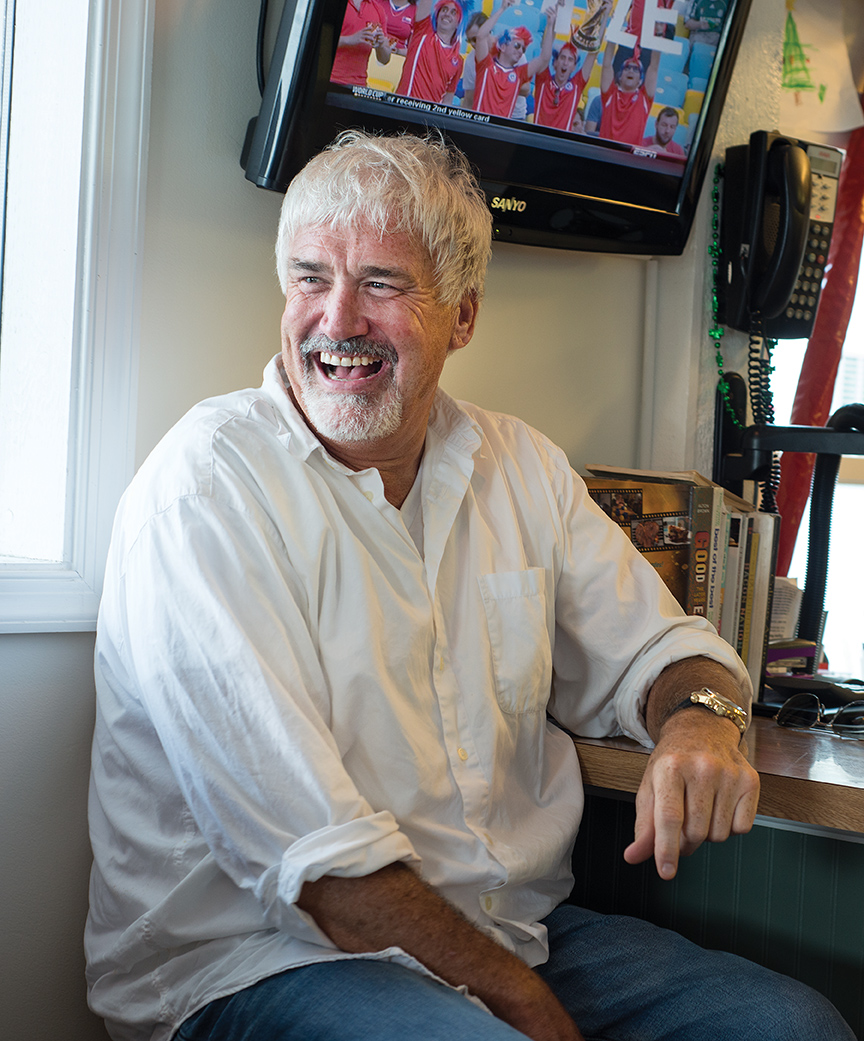
Matt attributes his giving nature to his mother, Georgiana, who raised him and his four siblings. “She taught me a lot about compassion and how important it is to be of service to others. My mother always put other people first, and for the longest time it was us.”
Two days after the James Beard Foundation awards, Matt hosted a graduation ceremony for Sussex Pathways – a social mentoring, training and support organization in which volunteers empower youthful offenders to make positive life choices and help ease the transition from custody to the community. Haley is an active member of the organization and speaks frequently with its students. After the ceremony, two teenage female graduates presented Matt with a plaque as a gesture of gratitude for the positive role he played in their transformations.
“They told me that they knew I was just honored with these big awards and that this one paled in comparison to those, but wanted me to have it anyway,” he recalled. “I couldn’t help but cry. I told them how much more valuable their award was than any other I’d ever received. And I was telling the truth.” CS
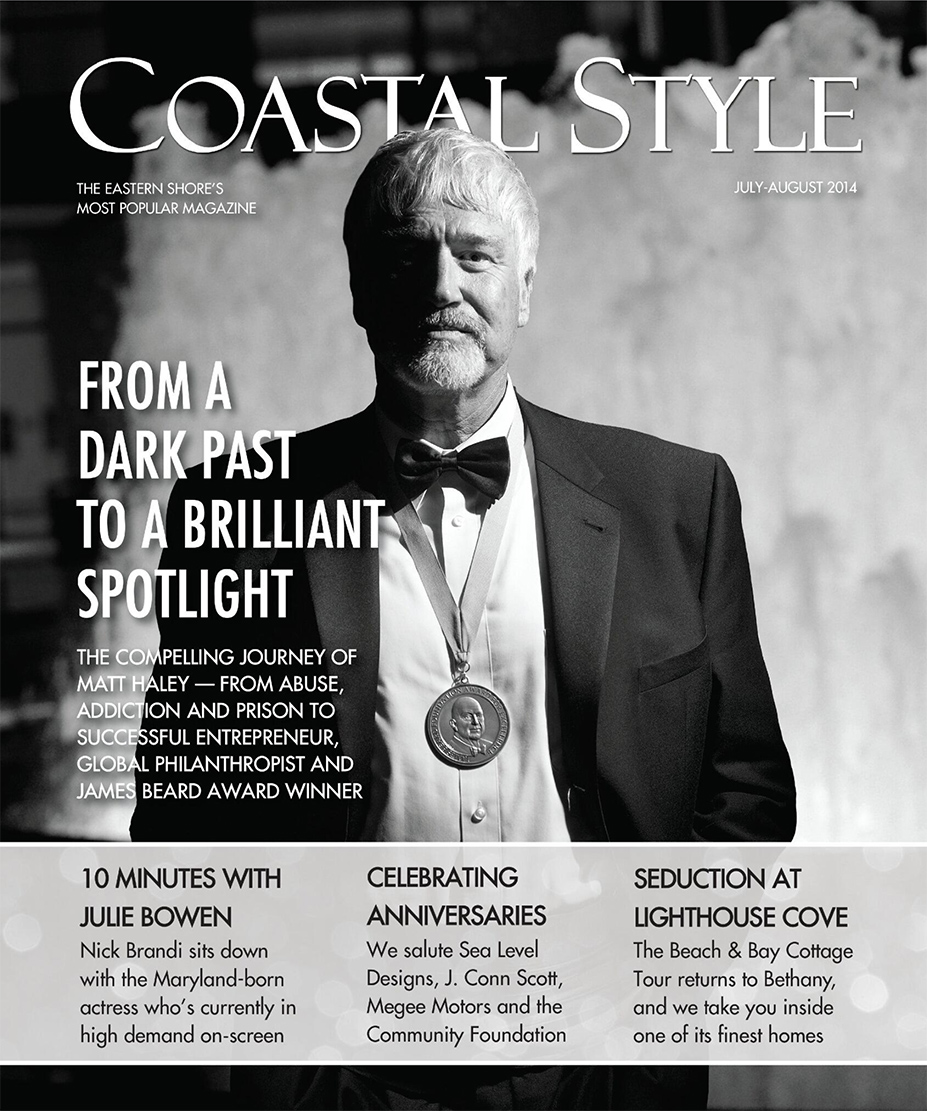
Editor’s note: This story originally ran in the July/August 2014 issue of Coastal Style.
Matt died tragically in a motorcycle accident
in India on August 19, while this issue, celebrating his life, was still on the street.
